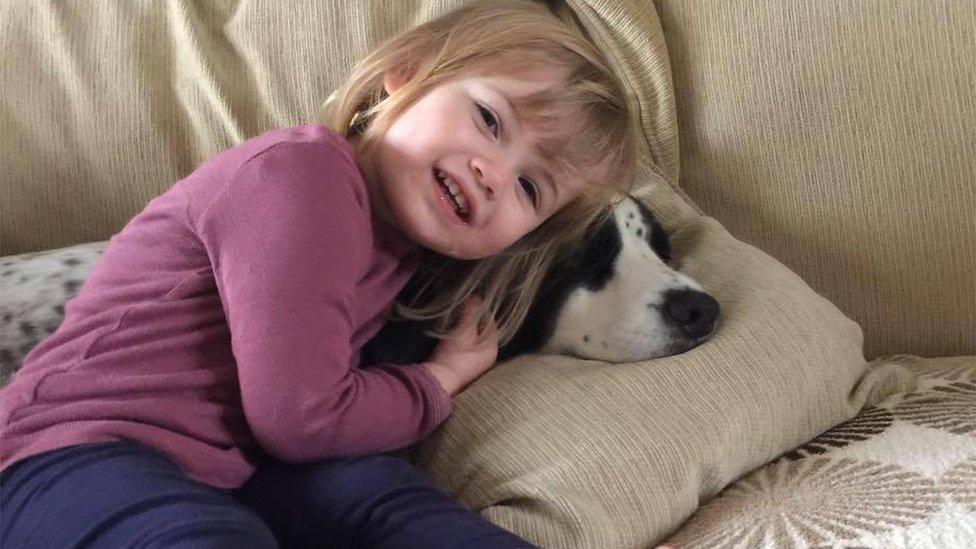Callum Hubbard death: 'Hell' for meningitis victim's family
- Published
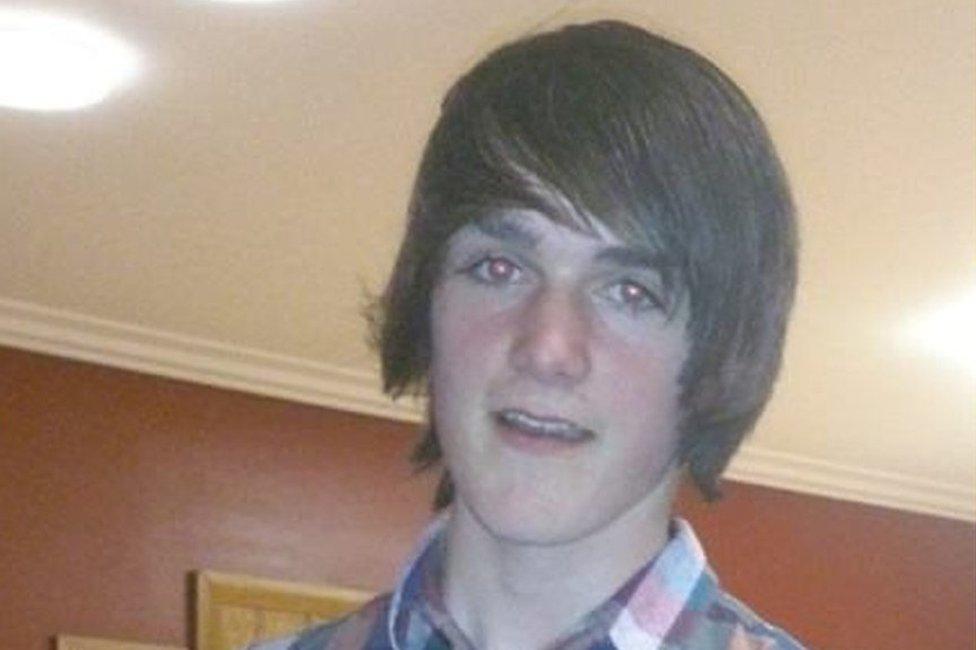
Callum Hubbard died from meningitis four years ago, but the reasons remain unclear
The family of a boy who died from meningitis say a hospital has put them through "four years of absolute hell" due to confusion about why he died.
Chesterfield Royal Hospital gave 14-year-old Callum Hubbard's parents compensation after admitting they failed to identify he had meningitis.
However, an inquest has now contradicted this by concluding the hospital may not have been at fault.
The hospital apologised and said it had "learned some important lessons".
One of the doctors involved was investigated by police for gross negligence manslaughter, but the Crown Prosecution Service decided she should not be charged with a criminal offence.
Neil Hubbard, Callum's father, said: "This hospital has caused us four years of absolute hell.
"Obviously we wanted answers and we were hoping the inquest was going to give us answers.
"It's not given us answers, it's created more questions than anything else."
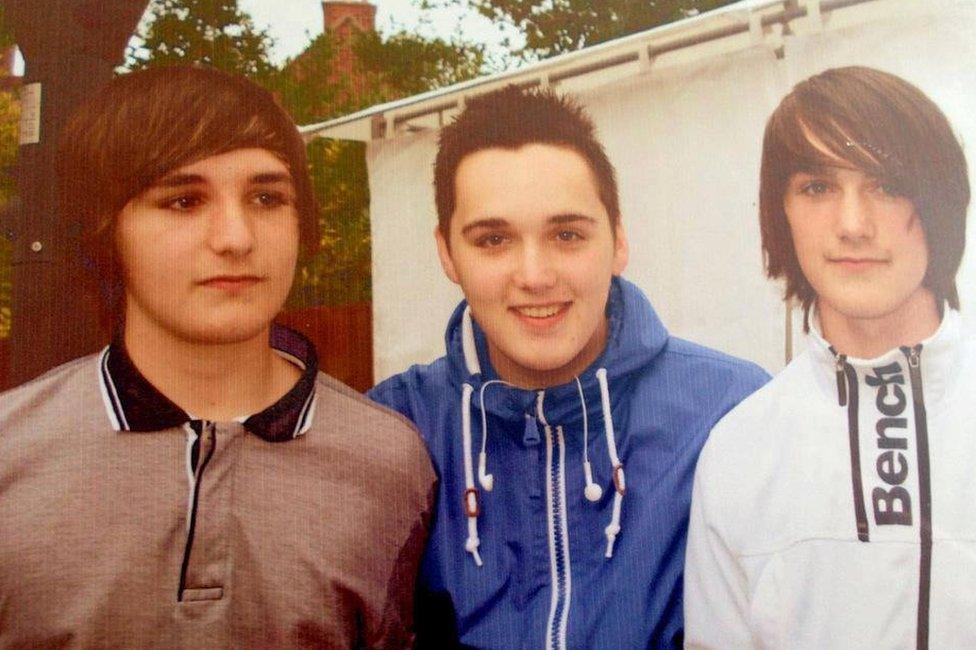
Callum (right) was the youngest of three brothers
It is not disputed that Callum had meningitis and that this caused his death on 8 February 2014.
However it is unclear whether Callum already had meningitis when he went to hospital seeking medical help, or whether he got meningitis because of surgery he had at the hospital to treat an acute ear infection.
Coroner Dr Robert Hunter examined this issue at Callum's inquest and was of the view he contracted meningitis because of the surgery.
His conclusion was: "Callum Blade Hubbard died from a recognised complication of a necessary surgical procedure."
Anne Hubbard, Callum's mother, said: "I'm still trying to get my head around it after years of having it in writing from the hospital that they were at fault; a letter of causation and a letter of apology.
"I've had so much hurt and anger that I've been directing at the hospital and the doctors and I didn't need to have gone through that, and that's making me angry and hurt again."

How did Callum die?
Callum had a recurring problem with ear infections and was diagnosed with having a cholesteatoma - a growth in his middle ear - at the beginning of November 2013
He became acutely unwell on 17 November, saying he had neck pain and thought he was going to "pass out", so his father took him to A&E at Chesterfield Royal Hospital that day
The hospital initially thought he had meningitis, gave him intravenous antibiotics to treat it, and Callum's parents thought his condition was improving
However, after further assessment doctors decided his symptoms were due to an infection in his left ear
Callum had surgery to his ear on 18 November, the antibiotics were stopped, and he was discharged the following day
He became increasingly unwell and was re-admitted to hospital on 22 November
Meningitis was confirmed so Callum was transferred to Sheffield Children's Hospital the same day for surgery to drain fluid from his brain and reduce the pressure
He was treated in Sheffield for almost three months before life support was removed on 7 February 2014. He died the following day

Callum's father still believes he had meningitis when he was first admitted to hospital on Sunday 17 November, because his symptoms were so similar to when he was re-admitted on Friday 22 November.
"I know he had meningitis on that Sunday morning," said Mr Hubbard.
"From a parent's point of view he did. He was exactly the same on the Sunday morning as he was on the [following] Friday morning.
"He had gone back to being semi-conscious and unresponsive, how he was before he was on antibiotics."
The hospital's formal "Letter of Response on causation" supported Mr Hubbard's view, stating medics failed to identify Callum was suffering from partially treated meningitis.
It stated: "It is accepted with very great regret for the outcome that on the balance of probabilities, Callum would have made a full recovery if the IV antibiotics had continued on 18 November 2013 for the appropriate duration of the bacterial meningitis, typically 7-14 days."
However, in his evidence at the inquest, the neurosurgeon who treated Callum in Sheffield said the ear operation was "most likely the source of the infection of meningitis", but added "we have no proof of it".
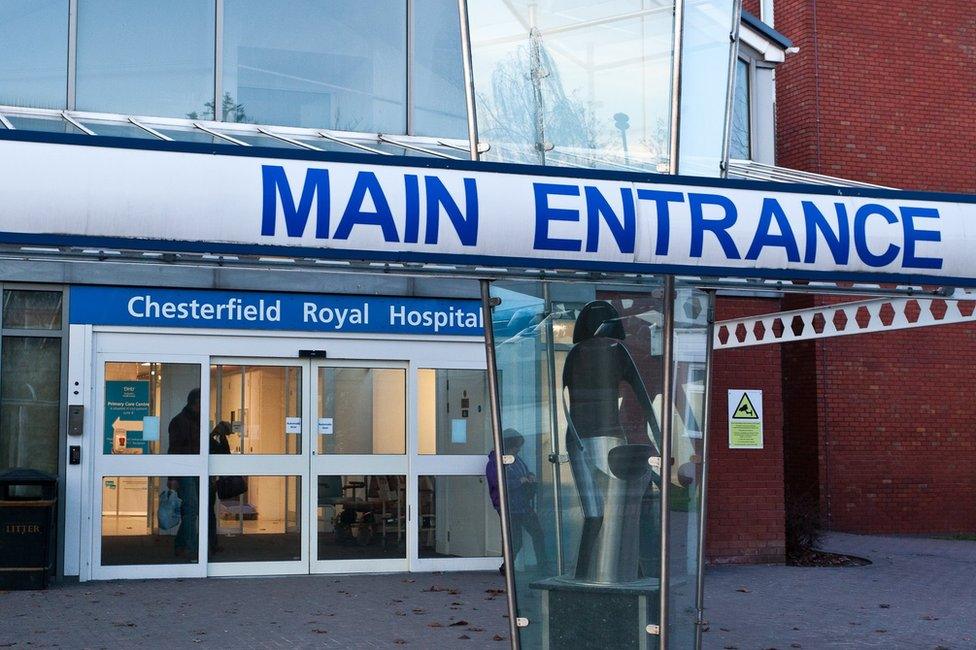
Chesterfield Royal Hospital apologised and paid out compensation
The coroner said: "I would find as a fact that on the balance of probabilities, more likely than not, the meningitis developed in Callum post-operatively and had manifested itself by the morning of 22 November."
Chesterfield Royal Hospital NHS Foundation Trust said in a statement: "We learned some important lessons from Callum's death.
"We will reflect on the coroner's verdict and its conclusions - to ensure that we have taken every opportunity to learn from the circumstances of Callum's death and to share that learning widely."
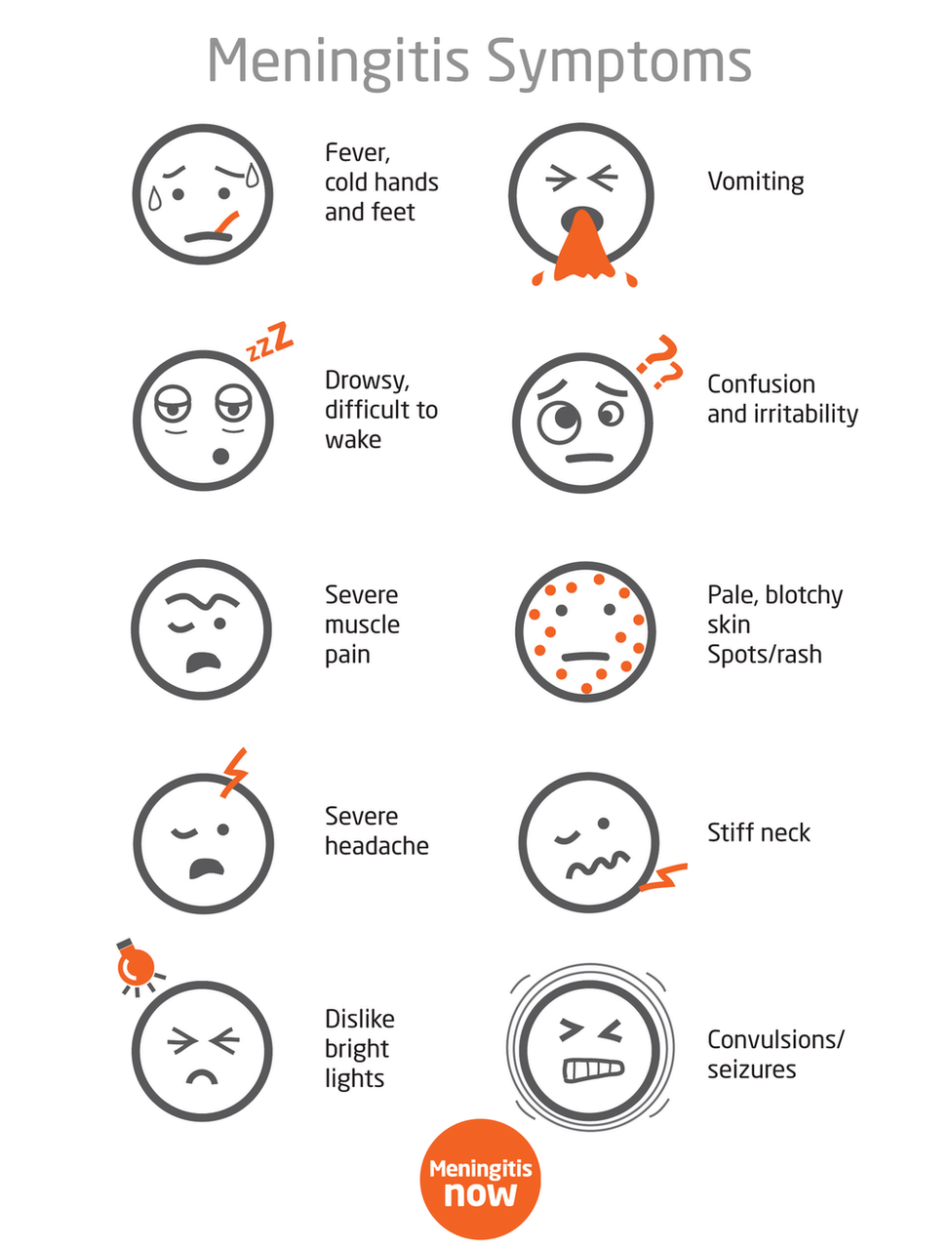
Callum's family have been supported by Meningitis Now and are keen to raise awareness of meningitis

Follow BBC East Midlands on Facebook, external, on Twitter, external, or on Instagram, external. Send your story ideas to eastmidsnews@bbc.co.uk, external.
- Published31 May 2018

- Published7 March 2018
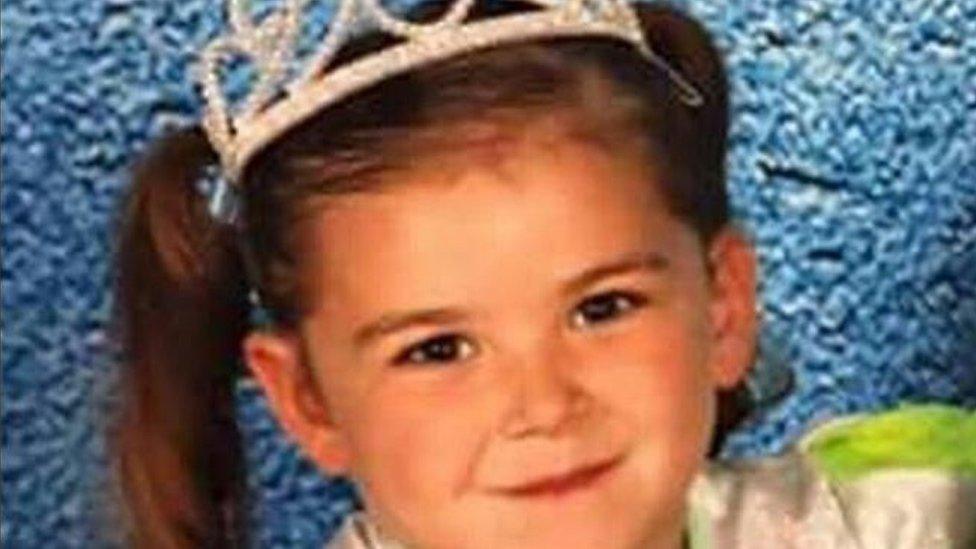
- Published27 February 2018
